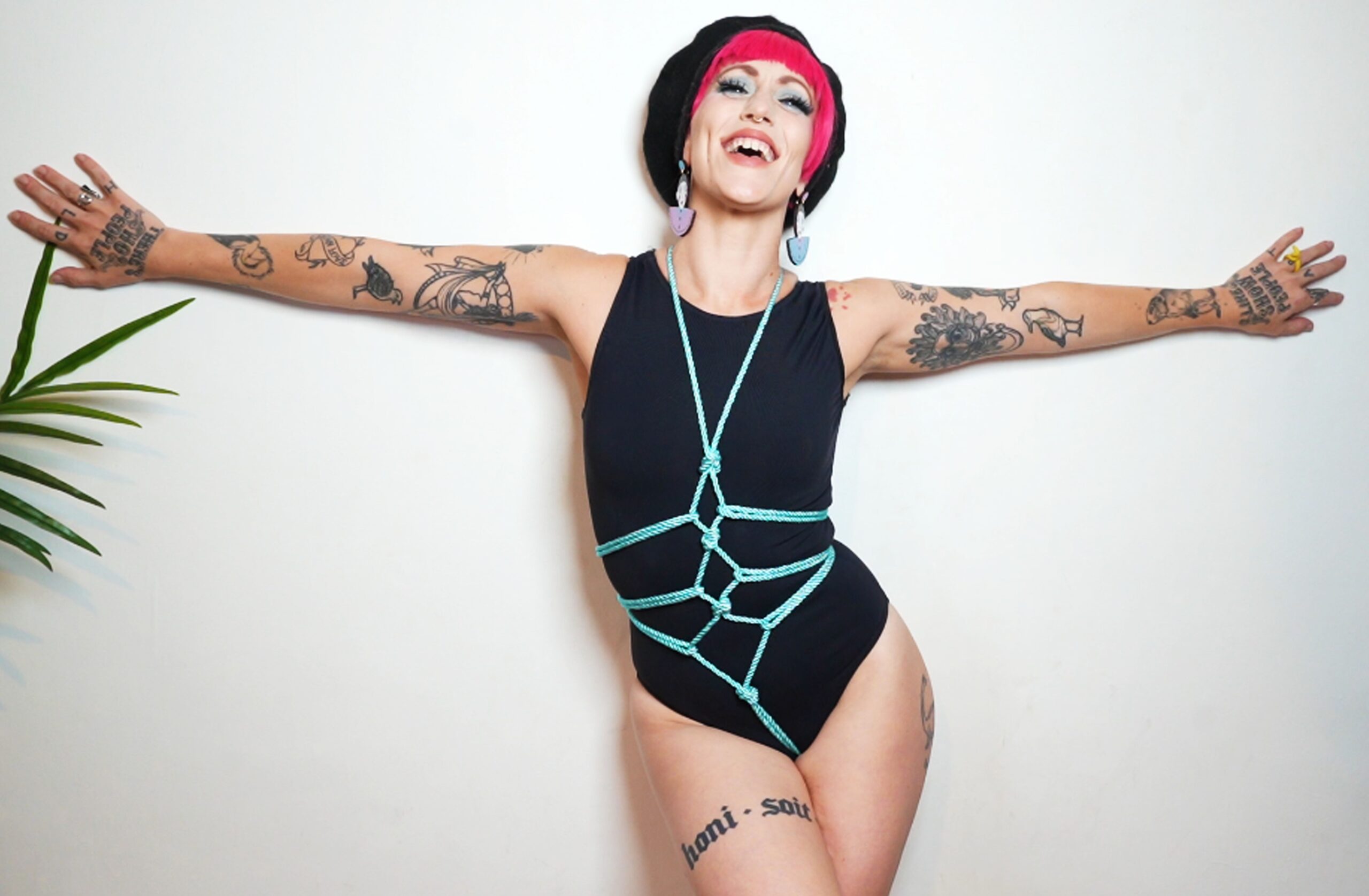Understanding Demigender Identity
Demigender is a term used to describe individuals whose gender identity partially aligns with one or more genders. It’s a spectrum, meaning the degree to which someone identifies with a specific gender can vary greatly.
For instance, someone might identify as **demigirl**, meaning they partially identify as female but not fully. They may feel connected to some aspects of femininity but not others.
Similarly, someone could be **demiboy**, partially identifying as male while still holding a separate sense of self outside that gender label.
It’s crucial to understand that demigender is distinct from being **non-binary**. While non-binary individuals do not identify exclusively as male or female, demigender people often have a partial connection to one or both of those genders.
This partial identification can manifest in various ways. Some demigenders might experience shifts in their gender expression depending on the context, while others may feel consistently connected to one gender but not entirely.
Demigender individuals often navigate romantic experiences with a unique perspective. They might be drawn to partners based on emotional connection and shared values rather than solely focusing on gender alignment.
Some demigenders might identify as sexual or **romantic**, feeling attracted to specific genders regardless of their own partial identification.
Others might experience attraction that transcends traditional gender binaries, finding themselves drawn to individuals based on personality or connection rather than rigid gender categories.
It’s important to remember that every demigender person’s experience is unique and should be respected as such.
Communication and open dialogue are essential in fostering understanding and creating inclusive romantic environments where all individuals feel seen, valued, and accepted.
Demigender is a gender identity that exists on the spectrum between cisgender and nonbinary.
Individuals who identify as demigender partially identify with one gender, while also feeling a disconnect from it.
This can manifest in many different ways, with some demigenders identifying as “mostly male” or “mostly female,” while others may experience their gender identity as fluctuating between genders.
Understanding Demigender Experiences
It’s important to remember that demigender is a deeply personal experience and can vary significantly from person to person.
Here are some common themes and experiences associated with demigender identity:
-
Partial Identification: Demigenders often feel a partial connection to one gender, but not fully.
-
Gender Fluidity: Some demigenders experience their gender identity as fluid or shifting over time.
-
Ambiguity and Uncertainty: Many demigenders may grapple with feelings of ambiguity and uncertainty about their gender.
-
Societal Pressure: Demigenders can face pressure to conform to traditional gender norms, which can be challenging.
Impact on Romantic Experiences
A demigender individual’s romantic experiences are shaped by their unique understanding of themselves and their connection to gender.
Here are some ways demigender identity might influence romantic relationships:
-
Attraction: Demigenders may experience attraction across the gender spectrum, just like anyone else.
-
Relationship Dynamics: Gender roles and expectations in a relationship might need to be explored and defined differently for a demigender individual.
-
Communication: Open and honest communication about gender identity and feelings is crucial for healthy relationships.
-
Acceptance and Understanding: Finding partners who are accepting and understanding of demigender identities is important for well-being.
It’s essential to approach conversations about demigender identity with respect, curiosity, and a willingness to learn.
Remember that everyone’s experiences are unique, and the best way to understand someone’s perspective is to listen to them.
Navigating Romantic Experiences
Understanding demigender identities requires unpacking the concept of gender itself. Gender is a complex social construct that encompasses roles, behaviors, expressions, and identities. It’s distinct from biological sex, which refers to physical characteristics.
Traditionally, societal norms have often enforced a binary understanding of gender—male or female—with corresponding expectations for behavior and relationships.
Demigender individuals challenge this binary framework by identifying partially with one gender while feeling a partial disconnect from it. They might identify as “half-boy,” “mostly girl,” or something else along the spectrum.
Navigating romantic experiences within these identities can be both enriching and complex. Here’s how demigender individuals might approach relationships, considering their unique experience:
• **Communication is Key:** Open and honest communication about gender identity and expectations is paramount. Partners need to understand what being “demigender” means to the individual and create space for flexibility and exploration.
• **Embracing Non-Binary Expression:** Demigender individuals may express their gender in ways that transcend traditional masculine or feminine norms. Partners should be receptive to these expressions, avoiding pressure to conform to societal expectations.
• **Respecting Boundaries:** Just like anyone else, demigender individuals have personal boundaries around intimacy and how they want to be addressed. Respecting these boundaries is essential for a healthy relationship.
• **Fluid Identities:** Gender identities can evolve over time. Being open to change and supporting a partner’s journey of self-discovery is crucial.
• **Challenging Binary Assumptions:** Demigender relationships often challenge conventional notions of gender roles in dating and marriage. Being willing to break free from traditional scripts allows for more authentic connections.
Ultimately, successful romantic experiences for demigender individuals hinge on finding partners who are understanding, accepting, and committed to creating a relationship based on mutual respect, open communication, and a celebration of individual identity.
Navigating romantic experiences as a demigender individual can be a deeply personal and multifaceted journey.
Demigender, encompassing identities like demiboy, demigirl, or demifluid, refers to individuals who partially identify with one gender while not fully aligning with it. This fluid experience of gender can significantly influence romantic experiences by shaping self-expression, attraction, and relationship dynamics.

Here’s a deeper look at how demigender identity can shape romantic encounters:
1. **Understanding Attraction:**
Demigender individuals may experience attraction in diverse ways.

Some might feel drawn to partners based on gender, while others may be attracted regardless of gender.
It’s important for demigender individuals to explore their own unique attractions and communicate them clearly to potential partners.
2. **Expressing Identity in Relationships:**
Open communication about gender identity is crucial for building healthy relationships.
Demigender individuals may choose to express their identity through their name, pronouns, clothing, or other forms of self-expression.
Partners should be supportive and respectful of these expressions, fostering an environment where authenticity is valued.
3. **Navigating Societal Expectations:**
Society often imposes chibi sex position rigid expectations around gender roles in romantic relationships.
Demigender individuals may encounter challenges navigating these norms, especially if they don’t conform to traditional binary ideas of masculinity or femininity.
It’s important for demigender individuals to find partners who are open-minded and willing to challenge societal expectations, creating space for unique expressions of love and connection.
4. **Finding Community and Support:**
Connecting with other demigender individuals or LGBTQ+ communities can provide invaluable support and understanding.
Sharing experiences, navigating challenges together, and celebrating identities can foster a sense of belonging and empower demigender individuals on their romantic journeys.
5. **Embracing Fluidity:**
Demigender identity is often fluid and evolving.
Romantic experiences may also shift and change over time. It’s essential to approach relationships with an open mind and a willingness to adapt as both individuals and the relationship itself grow and evolve.
Ultimately, navigating romantic experiences as a demigender individual is about embracing authenticity, communicating openly, finding supportive connections, and celebrating the unique beauty of fluid and evolving identities.
Navigating romantic experiences as a demigender individual can be complex and unique, often involving a deeper understanding of one’s identity and its influence on attractions, relationships, and self-expression.
Demigender encompasses a wide range of gender identities where an individual partially identifies with one gender while not fully embracing it. This fluidity and partial identification can significantly impact romantic experiences in several ways:
1. Attraction & Gender Expression: Demigender individuals might experience attraction to people of any gender, but their own gender expression and how they perceive the gender of potential partners may be fluid and evolve over time. This can lead to exploration and experimentation in romantic relationships.
2. Relationship Dynamics: Open communication is crucial for demigender individuals in relationships. It’s important to express one’s evolving understanding of gender identity and how it influences their needs, desires, and boundaries. Partners should be willing to learn and adapt, creating a space of acceptance and understanding.
**3. Self-Discovery & Acceptance:**
Romantic experiences can serve as a catalyst for self-discovery and acceptance within the demigender community. Connecting with others who share similar experiences can provide validation, support, and a sense of belonging.
**Finding Community and Support**
Building a supportive network is essential for demigender individuals navigating romantic relationships. Here are some ways to find community and support:
- Online Communities: Numerous online forums, social media groups, and websites cater specifically to the LGBTQ+ community, including demigender individuals. These platforms offer a safe space to connect with others, share experiences, and seek advice.
- **Local LGBTQ+ Centers:** Many cities and towns have LGBTQ+ centers that provide resources, support groups, and social events. These centers can be invaluable for connecting with local demigender individuals and building a sense of community.
- **Therapy & Counseling: Working with a therapist or counselor who is knowledgeable about gender identity can be immensely beneficial. A therapist can provide a safe space to explore one’s feelings, navigate relationship challenges, and develop coping strategies.
Remember that finding the right balance and support system takes time and effort. It’s essential to prioritize self-care, open communication, and building a network of understanding individuals who celebrate your unique identity.
Check the blog for all the facts
Discover all the major points
- Dermal Fillers Near Frensham, Surrey - July 1, 2025
- Cosmelan Depigmentation Peel: Treating Skin Pigmentation From Environmental Exposure In The UK - June 26, 2025
- When Is Lip Filler Swelling The Worst - June 25, 2025
